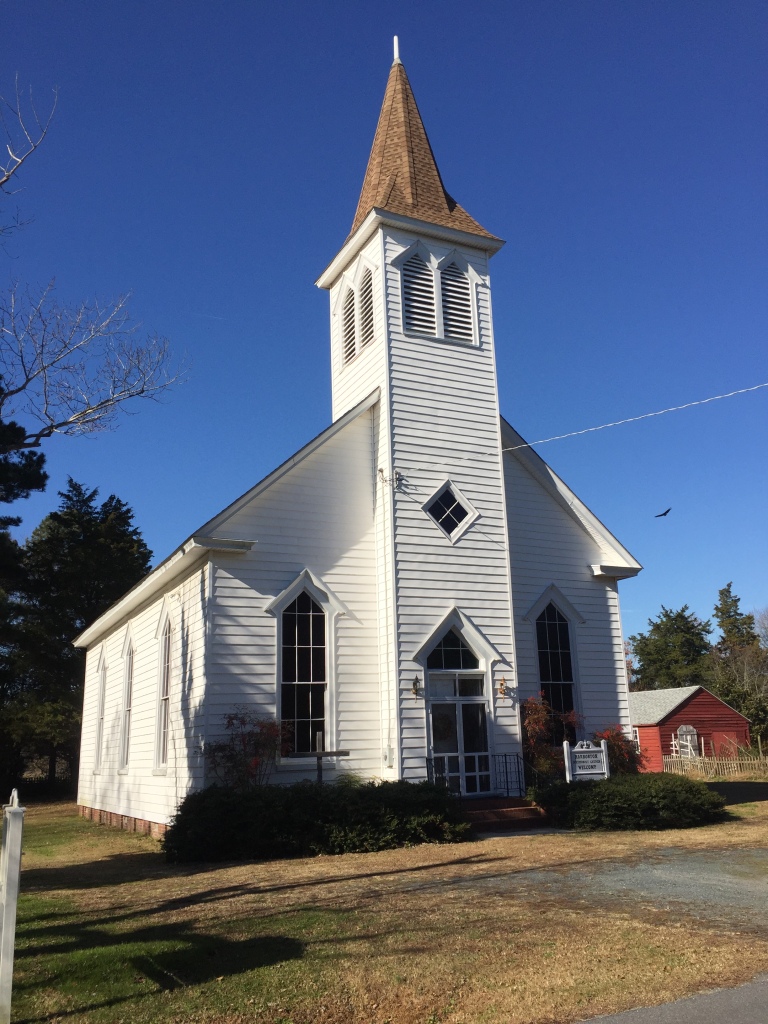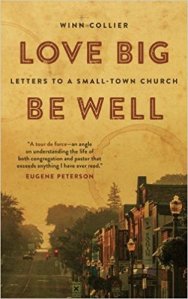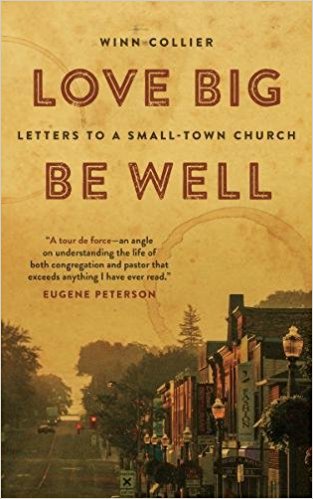 When Amy Quitman writes a letter to the unknown pastor that the Pastoral Search Committee hopes to call to their Presbyterian church in the small town of Granby, she includes an invitation that would set the hearts of potential candidates like me aflutter:
When Amy Quitman writes a letter to the unknown pastor that the Pastoral Search Committee hopes to call to their Presbyterian church in the small town of Granby, she includes an invitation that would set the hearts of potential candidates like me aflutter:
We want theology, but we want the kind that will pierce our soul or prompt tears or leave us sitting in a calm silence, the kind that will put us smack-dab in the middle of the story, the kind that will work well with a bit of Billy Collins or Mary Karr now and then. Oh, and we like a good guffaw. I’ll be up-front with you: we don’t trust a pastor who never laughs. (5)
Jonas McAnn, unhappily stationed in a cubicle as an insurance company employee, answers the invite, as you might expect he would. After all, his folder of potential church profiles and questionnaires is sitting beneath a stack of books that includes the likes of John Irving and Karl Barth. Burned by his previous pastorates, Jonas is tired of plans, programs, and church growth strategies. A lover of beauty, he is looking for an opportunity to be a pastor:
“Lots of churches don’t actually want a pastor,” he writes back to Granby Presbyterian. “They want a leadership coach or a fundraising executive or a consultant to mastermind a strategic takeover (often performed under the moniker of evangelism or missional engagement)…Too much pastoral leadership literature recirculates anxious efforts to make the church significant or influential or up-to-date, as if they need to harangue the church into becoming something. I think my job is to remind the church that she already is something. Can we settle down and be who we are, where we are?” (12-13)
The epistolary match-making works and soon Jonas is moving his family to the mountains of Virginia.
 Winn Collier’s Love Big. Be Well.: Letters to a Small-Town Church [William B. Eerdman’s, 2017] is a gentle, human love story that begins with these two letters and continues with many more. It is a novel that has big things to say yet finds its transcendence by staying close to home. For instance, when the church plans for a new eucharistic table, two members suggest using trees from the church property and Jonas reports:
Winn Collier’s Love Big. Be Well.: Letters to a Small-Town Church [William B. Eerdman’s, 2017] is a gentle, human love story that begins with these two letters and continues with many more. It is a novel that has big things to say yet finds its transcendence by staying close to home. For instance, when the church plans for a new eucharistic table, two members suggest using trees from the church property and Jonas reports:
Now, every Sunday, we receive grace around a table intricately woven into our story, our place. It’s true that a church in Seattle could feast at this table, but it’s also true that it wouldn’t mean nearly as much to them. Particulars matter. Stories matter. Places matter. (130)
There’s more than a little Wendell Berry in Collier’s small town characters. They value the small, the local, the sustainable. And they celebrate the elemental gifts of long-lived community.
Pastor Jonas is continually directing his congregation’s focus to interactions that could be easily overlooked, such as the significance of a BBQ dinner with friends or breakfast at Stu’s with the Order of the Roasted Bean. “Showing up, doing the work, being together–that’s our liturgy,” Jonas writes to his congregation. “And it matters.” (99)
As a denominational official in The United Methodist Church who works with many pastors and programs, I appreciate Collier’s empathetic portrayal of a small church and its clergy leader. Explicitly and implicitly, those who labor in small churches are often told that they don’t measure up–that they need to be more than they are. Jonas pushes back:
When religious experts suggest an identity update, the whole proposal amounts, in my book, to nothing more than a grand slogan and a fresh coat of paint. We could try to re-envision ourselves as a community center or a social advocacy firm if we want to wrench ourselves trying to fit into someone else’s clothes. But look, we are the church. We’re incompetent at most endeavors, but the Spirit has gifted us with divine energy to live into a simple and straightforward vocation. Gathered at Jesus’s table, we feast on true life and then disperse into our run-of-the-mill lives as witnesses to the Kingdom of this Jesus who loves the whole world. The world needs more of who we are, not less. (26)

Rural churches and pastors are having a hard time of it these days. The letters that Jonas writes to his parishioners are a tonic for weary souls seeking to be faithful with what always seems like less. Shining through Jonas’s words are those of the author, who shares his art and wisdom as the pastor of All Souls Church in Charlottesville, Virginia. (Winn also writes regularly on his self-titled blog.)
Without calling attention to itself, Collier’s writing delves deeply into questions of prayer, baptism, and the nature and mission of the Church–all sprinkled with humor, quotes from literary and theological greats, and a lot of love.
Jonas McAnn is the kind of pastor I want to have and strive to be. Winn Collier is the kind of writer we all need for such a time as this.
Check out my interview with Winn Collier.

5 responses to “The Greatness of the Small: A Review of Love Big. Be Well.”
[…] Be Well: Letters to a Small-Town Church, is a generous celebration of the potential of church. In my review I noted that it is a gentle, human love story between a pastor and his congregation told in the form […]
LikeLike
[…] the first part of my interview with Winn Collier, pastor of All Souls Charlottesville and author of Love Big. Be Well.: Letters to a Small-Town Church, we talked about his decision to set his novel in a small town. We also talked about the use of […]
LikeLike
[…] Granby Presbyterian Church, the fictional congregation at the heart of Collier’s new book. Love Big. Be Well.:Letters to a Small-Town Church is a big-hearted, hopeful book that celebrates what Christian community can be. My review of the […]
LikeLike
[…] pastor-fan, has built a comfortable, lived-in world of Berry-like characters in his recent book, Love Big, Be Well.: Letters to a Small Town Church. Collier’s alter ego in the book, Jonas McAnn, celebrates the small, the particular, the […]
LikeLike
[…] brings Peterson alive in all his complexity. As he has done in his one fictional work, Love Big, Be Well: Letters to a Small-Town Church, (a book blurbed by Peterson), Collier finds here the warm heart of Christian relationships and the […]
LikeLike